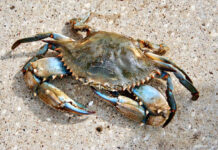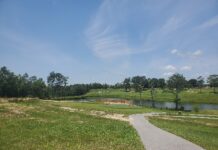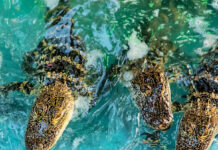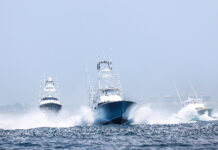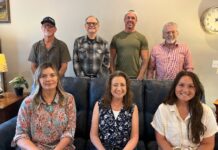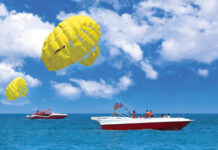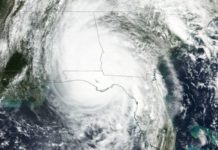
Freeport High School boasts an innovative aquaponics program that integrates culturing fish (aquaculture) and various crops (agriculture) using an array of growing systems, including deep-water well, nutrient-film technique (NFT), Dutch buckets, and clay media beds. Spearheaded by the foresight of Walton County School District’s Superintendent A. Russell Hughes and aided by a $500,000 appropriations funding initiative from the Florida legislature in 2022, this program offers students a hands-on learning experience in sustainable agriculture, environmental stewardship, and equips students with invaluable career skills.
Students engage in the operation and maintenance of these aquaponic systems, learning about the symbiotic relationship between fish, plants, and bacteria as they cultivate crops in water-efficient environments. The nutrient-rich water, which is created by fish, circulates through naturally occurring good bacteria systems that convert the fish waste to high nutrient water that then passes through various growing systems delivering essential nutrients to plants. The plants continue to filter the water so that it can then be returned to the fish. As students manage these systems, they learn to troubleshoot and overcome challenges that may arise in these aquaponic systems, developing critical thinking and problem-solving abilities essential for any profession.
Moreover, Freeport High School’s aquaponics program hopes to extend its reach beyond the classroom by offering students the opportunity to participate in restoration efforts within our local estuary, Choctawhatchee Bay. By partnering with esteemed organizations such as the Florida Fish and Wildlife Conservation Commission, Mote Laboratory, and the Choctawhatchee Basin Alliance, students can actively contribute to the preservation and enhancement of the Bay’s ecosystem.
Through these unique partnerships, students gain firsthand experience in environmental conservation and scientific research, fostering a deeper understanding of the interconnectedness between human activities and the natural world. As they engage in restoration projects, students not only apply their knowledge in practical settings but also develop a sense of responsibility and stewardship towards their local environment, leaving a lasting impact on their community and beyond.



Moreover, the collaborative nature of the program fosters teamwork and communication skills as students work together to design, implement, and maintain their aquaponic setups. The program also cultivates leadership skills as students take on various roles and responsibilities within their teams. Whether leading project initiatives or mentoring peers, students learn to inspire and guide others, honing their leadership skills and achieving shared goals. These career-focused skills are integrated into the aquaponics program at Freeport High School not only to prepare students for success in fields related to agriculture, environmental science, and conservation but also to instill in them the confidence and competence to excel in any professional endeavor they pursue.
Views: 1


